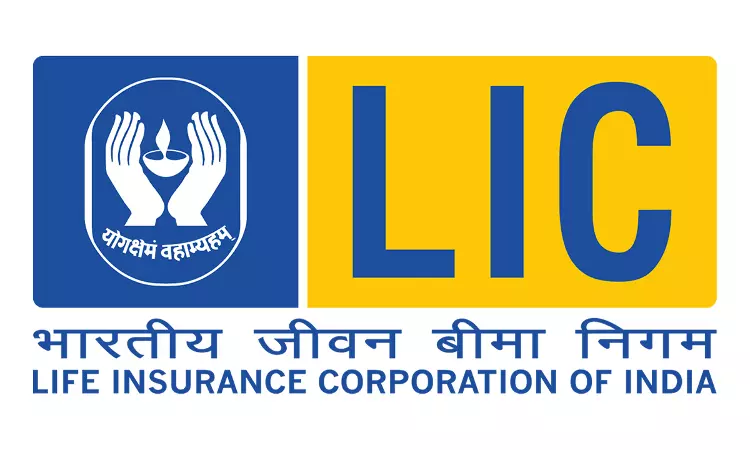Employer Should Be Regarded As Agent Of Insurer, Necessitating Protection Of Life Assured's Interests: NCDRC
Ayushi Rani
2 Jun 2024 12:00 PM IST

Next Story
2 Jun 2024 12:00 PM IST
The National Consumer Disputes Redressal Commission, presided by Justice Sudip Ahluwalia, held Life India Corporation and the employer of the insured liable for deficiency in service over denial of insurance claim citing non-payment of premium by the employer. Brief Facts of the Case The complainant was the wife and the nominee of the late husband, an employee...
